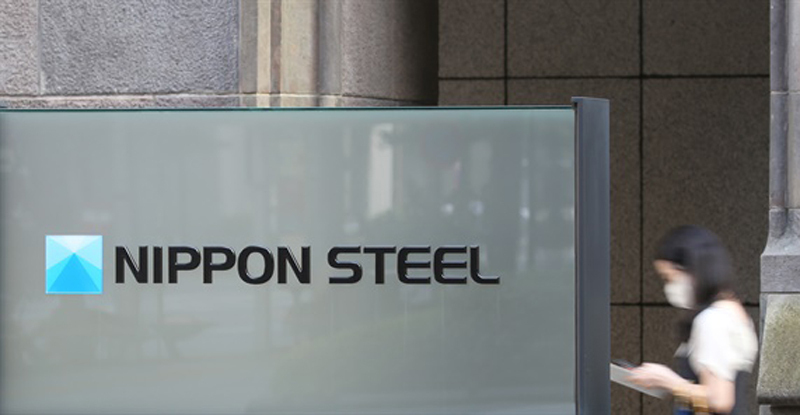Korean court dismisses appeal by Japanese firm contesting asset seizure in forced labor case
By Ahn Sung-miPublished : Aug. 17, 2020 - 15:37

A South Korean court has dismissed an appeal filed by a Japanese steelmaker against a ruling that authorized the seizure of its assets in Korea to compensate victims of wartime forced labor.
The Daegu District Court’s Pohang branch said Monday that it had found “no reason” to accept the appeal by Nippon Steel, formerly known as Nippon Steel & Sumitomo Metal. The decision, however, is not final and the case now moves to a higher court of appeal in Daegu.
Nippon Steel filed the appeal Aug. 7 against a January ruling by the Pohang court approving the confiscation of 81,075 of its shares in PNR, a joint venture established with Korean steelmaker Posco, worth around 405 million won ($341,544). PNR runs steel mills in Pohang, North Gyeongsang Province, and Gwangyang, South Jeolla Province.
The decision followed a 2018 Korean Supreme Court ruling that Nippon Steel must pay 100 million won each to four Koreans whom the company subjected to forced labor during World War II. After Nippon Steel refused to pay and the Japanese government would not respond to communication from the court, the victims pursued asset seizure, which the Pohang court approved.
The seizure process began Aug. 4, and the next step is the liquidation of the assets to compensate the victims.
The appeal procedure is expected to take months, according to local legal sources, allowing Nippon Steel to buy time before the assets can be sold and delaying payments for victims.
The dispute over wartime forced labor is expected to aggravate tensions between the two countries, whose bilateral relations are already fragile over differences about trade and history, and may prompt Tokyo to retaliate further.
Japan, which holds the position that colonial-era reparations were settled under a 1965 treaty that normalized bilateral relations, has warned of strong retaliation if Seoul pushes ahead with the sale of Japanese companies’ assets to compensate victims.
But Seoul has argued that the 1965 bilateral agreement does not take away victims’ rights to seek damages for wartime forced labor and sexual enslavement.
By Ahn Sung-mi (sahn@heraldcorp.com)



















![[Today’s K-pop] Treasure to publish magazine for debut anniversary](http://res.heraldm.com/phpwas/restmb_idxmake.php?idx=642&simg=/content/image/2024/07/26/20240726050551_0.jpg&u=)